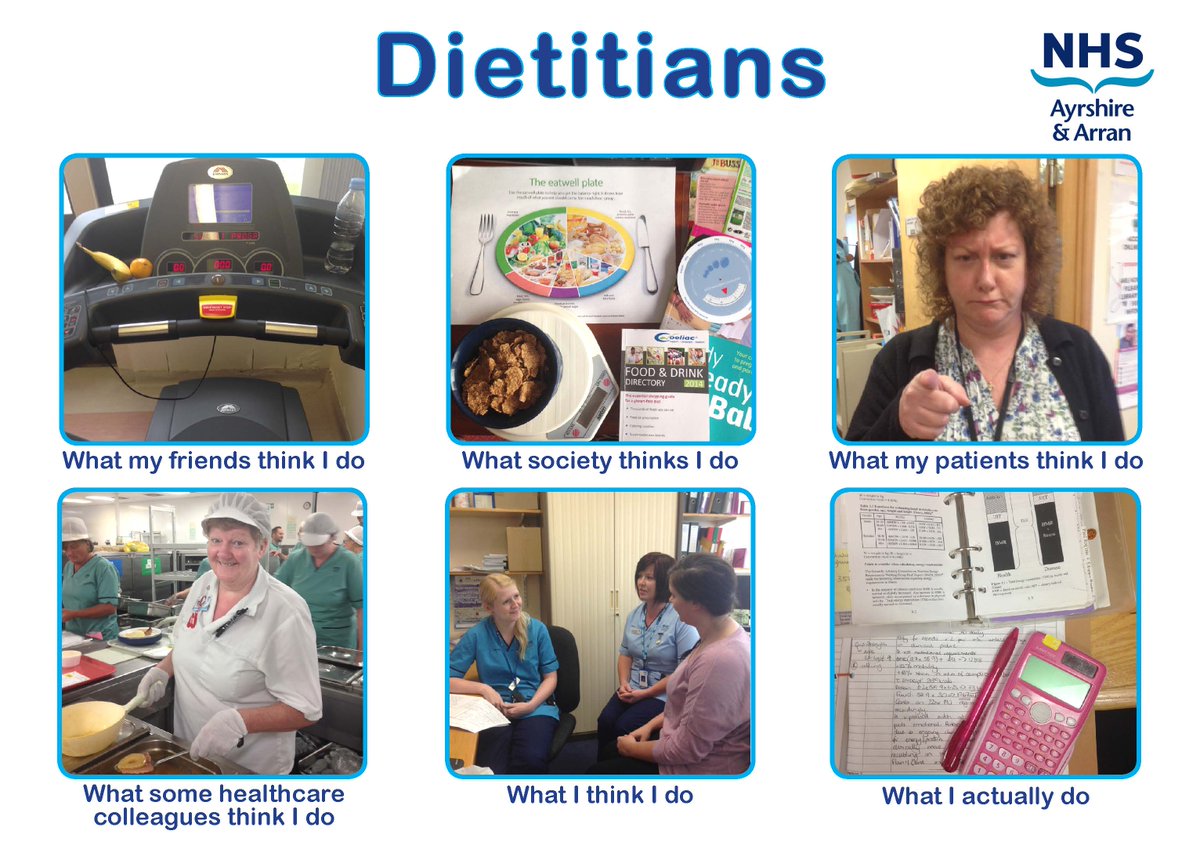How is it different from the Ketogenic Diet?
by Frank
Posted on 23-10-2020 04:53 AM

In normal adults, the brain generally relies on the metabolism of glucose for its energy.

Nutrition and GI Care Guidelines
Preventing adverse events – a holistic approach to patient care, one that treats the patient as a whole, is significantly more likely to decrease the risk of associated conditions and potential symptoms of malnutrition, such as immune dysfunction, increased risk of infection, delayed recovery from illness and poor wound healing. Administrators crafting proactive strategies that include input from nutrition experts at the outset may improve outcomes and reduce readmissions and adverse events.

Step 1obtain an associates degree there are several paths to walk down on your journey to becoming a nutritionist. The logical first step is education. You’ll want to begin with an associates’ degree in a field like science. The associate of science degree in nutrition will give you a basic overview of what is expected in this career.
Navigate Nutrition and Weight Management
Nutrition often is not the first thing clinicians think about when treating patients with a diabetic foot ulcer (dfu), but it is a critical component of the wound healing process.

You Can Eat Foods You Like
Trying to eat better or lose weight? view video
planning and prep
eating healthfully doesn't mean you have to break the bank! view video
planning and prep
meal prepping is a great way to eat right, save time during the week and spend less money on food. View video
planning and prep
sustainable eating is about choosing foods that are healthful to the environment and your body. View video.
![]()
Can a nutritionist help someone with congestive heart failure?
Nutrition & dietetics
absolutely. Nutritional management of the congestive heart failure patient is complex because several nutritional problems can occur, including sodium and fluid retention, malnutrition and dietary management of coexisting disorders, e. G.


What's in Your Food?
Before delving into how effective a low fodmap diet is for ibs, it's first necessary to know what this term means. Fodmap simply refers to foods that contain certain short-chain carbohydrates. It stands for fermentable oligo-, di- and mono-saccharides, and polyols. The fodmap theory suggests that when individuals who suffer from visceral hypersensitivity and/or motility dysfunction consume high levels of fodmaps, there is an increase in intestinal distension, which contributes to digestive upset. A small handful of studies have found promising results about the diet's impact on stomach problems, and two studies are of particular interest for ibs patients. .
Everyone at orri eats three meals a day, plus two snacks, which provides them with ample opportunity to focus what they’re eating and to explore how they respond to food emotionally. “talking about food all the time feeds the eating disorder—it’s exactly what it wants and how it controls you,†she explains.
Beyond treating diabetic patients in a doctor’s office or hospital, nurses can take on the specialized role of diabetes educator. These educators teach people with diabetes to understand and manage the following: how to change health habits, including making supportive food choices, exercising and quitting smoking, if applicable. How to use a blood glucose monitor to check blood sugar and track diabetes.
Search
Categories
- Stock Trader
- Criminologist
- Coworker Leaving
- Mortician
- Virologist
- Veterinary Technician
- Title Examiner
- Team Leader
- Technical Recruiter
- Senator
- Scribe
- Perioperative Nurse
- pediatrician
- Modeller
- Military
- Economist
- Coworker
- Captain
- Arborist
- Voter
- 14
- 12
- Worker
- Chemistry
- Actuary
- Actor
- Announcer
- Wellness Nurse
- Judge
- Academic Dean
- Administrator
- Agricultural
- Administrative Assistant
- Agronomist
- Barber
- Analyst
- Pharmacist
- Call Center Support
- Cameraman
- Interventional Radiologist
- Wedding Officiant
- Politics
- Public Health
- Respiratory Therapist
- Singer
- Sniper
- Teacher
- Manatee
- Hacker
- Gambling
- Flight Attendant
- Entertainer
- Employee
- Daily Nutritionist
- Kitchen Manager
- Astronomer
- American Upholsterer
- Activist
- Accountant
- Writer
- Vice President
- Inventor
- Drafter
- Debater
- Carpenter
- Baker
- Attorney
- Astronaut
- Advisor
- Occupational Therapist
- Nutritionist Fact
- Municipal Arborist
- Management
- Mail Carrier
- Livestock Farmer
- Landscape Contractor
- Land Surveyor
- Insurance Investigator
- Insurance Broker
- Inspector
- Hunter
- Historian
- Hiker
- Hairstylist Black
- Hairstylist
- Gunsmith
- Gun Shooter
- Grant Writer
- Government Auditor
- Gold Panning
- Gardener
- Forensic
- Fisherman
- Fireman
- Firefighter
- Esthetician
- Entrepreneur
- Engineer
- EMT
- Electrician
- Driller
- Doctor
- Diver
- Dispatcher
- Dishwasher
- Director
- Dietitian
- Detective
- Dancer
- Creative Writing
- Counselor
- Cloud Architect
- Climber
- Chef
- Chairman
- Cardiac Sonographer
- Boss
- Bookkeeper
- Bee Keeper
- Bartender
- Auctioneer
- Architect
- Appraiser
- Watchmaker
- Wanker
- Typist
- Trooper
- Train Controller
- Tool and Die Maker
- Therapist
- Technician
- Surgeon
- Supervisor
- Stripper
- Soldier
- Sociologist
- Social Worker
- Sheriff
- Sexy Pick Up Lines
- Self Reminder
- Secretary
- Scientist
- Scheduler
- Sailor
- Roofer
- Marshal
- Manager
- Librarian
- Lawyer
- Landscaper
- Investigator
- Retirement
- Registered Nurse
- Recruiter
- Records Clerk
- Realtor
- Rancher
- Quilter
- Psychology
- Psychologist
- Principal
- Priest
- Postmaster
- Office Assistant
- Nutritionist
- Nurse
- Network Administrator
- Mechanic
- Mayor
- Podiatrist
- Plumber
- Planner
- Pipe Fitter
- Pilot
- Photographer
- Phlebotomy Technician
- Painter
- Nurse Practitioner
- Identifier
- Lacemaker
- HRD
- Hatter
- Host
- Herdsman
- Bouldering
- Assassin
- Bomberman
- Army
- Attendant
- Blogger
- Clergyman
- Cashier
- Botanist
- Bodyguard
- Aquascaping
- Assistant
- Electorate
- Physician
- Arbitrator
- Administrative